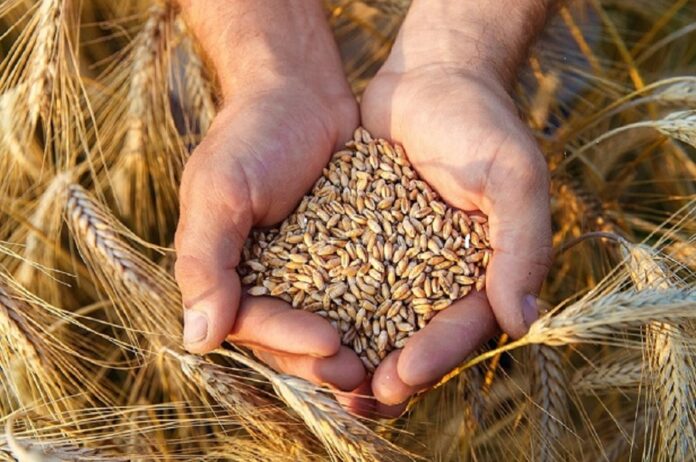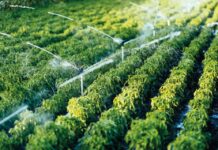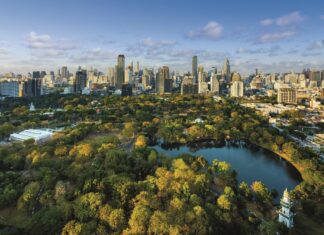The impacts of climate change are disrupting countries in the Asia and Pacific region in their efforts to meet their Sustainable Development Goals (SDGs), according to a new study by the Asian Development Bank (ADB), United Nations Economic and Social Commission for Asia and the Pacific (ESCAP), and the United Nations Development Programme (UNDP).
The report, People and Planet: Addressing the Interlinked Challenges of Climate Change, Poverty, and Hunger in Asia and the Pacific, states that despite the region’s progress in improving food security, and health and well-being, more frequent and severe climate-related hazards will impact agricultural and economic productivity, and lead to the displacement of the most vulnerable communities, hindering efforts to alleviate poverty.
The report notes that climate change poses a significant threat to freshwater fisheries as a result of rising water temperatures and reduced water availability. It says the impacts are largest in tropical and sub-arid regions of Asia and the Pacific, with inland fisheries in South-East Asia, South Asia and Australia at particular risk.
It also warns that four types of natural capital are being depleted at an alarming rate in the region: land; forests and related biodiversity; mangroves and coral reefs and related biodiversity; and freshwater resources, especially groundwater.
Solutions and improved practices mentioned include use of alternate wetting and drying, which is a water management technique to cultivate rice with less water than those based on continuous standing water irrigation.








